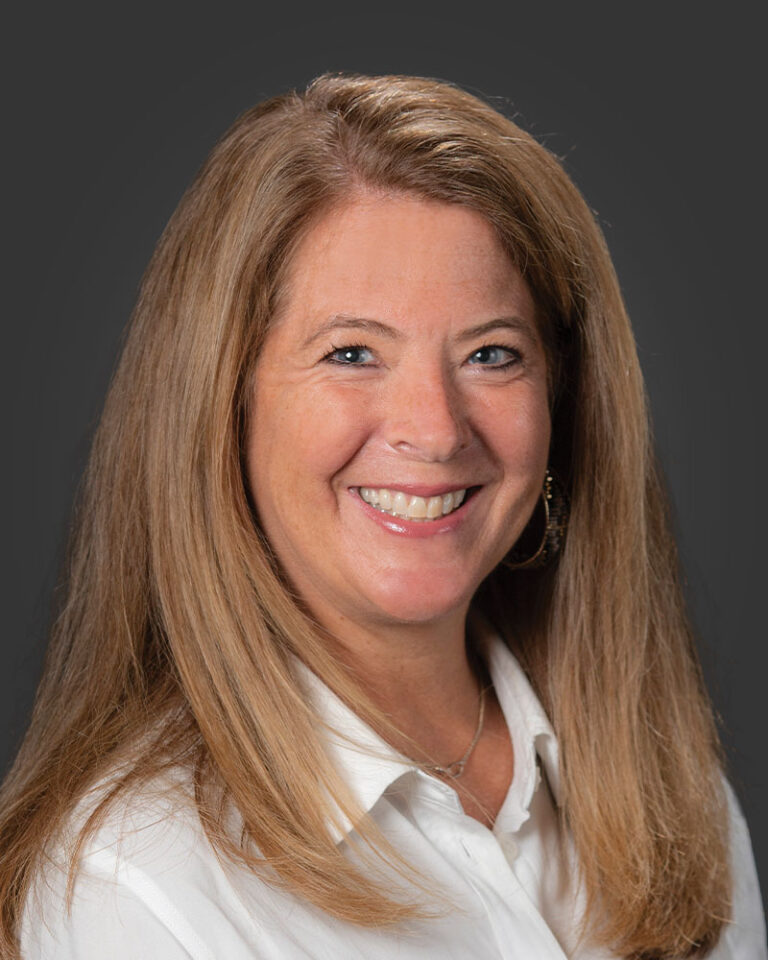In the medical field, healthcare professionals commonly view medication errors as common issues in nursing homes and other inpatient facilities. A medication error occurs when someone makes a mistake while preparing or administering medicine.
Medication errors happen when someone doesn’t:
- Follow the doctor’s orders
- Follow the instructions from the manufacturer
- Follow the professional rules for the medicine
5 Types of Medication Errors in Nursing Homes
There are many ways medication errors can occur in nursing homes and other inpatient facilities, including:
1. Medication Commission and Omission:
A medication commission happens when someone prescribes, gives, or dispenses medication in the wrong way. An error of omission occurs when someone forgets to give, prescribe, or distribute medicine that should have been provided. The nursing staff in nursing homes or inpatient facilities administer medication to residents as per the orders.
Errors that can occur include:
- Slicing or cutting a pill when it shouldn’t be done
- Not giving enough liquids with medications as prescribed
- Failing to mix, shake or roll the medication
2. Providing Expired or Old Medication:
It can take hours to pass out medications at nursing homes sometimes. But it depends on the type of medication and how many residents there are. Sometimes, when there are a lot more residents and not enough workers to take care of them, the workers may not know enough or have too much work. They might forget to check the dates when the medicine is not good anymore.
3. Incorrect Medication Dosage Timing or Technique:
When facilities don’t have enough staff or the staff isn’t trained well, it can also cause this problem. The staff may give out the right medication but they might administer it at the wrong dosage. This could lead to overmedication. There are some medications where the resident has to take medicine at a specific time of day. If they don’t take it at that exact time, it can cause a reaction, or the staff could give them too much medicine.
4. Lab Errors:
Sometimes, pharmacists fill medications incorrectly. A communication error on the prescription or between the physician and the pharmacy might be the reason for this. This can result in the wrong medication, or dosage being given to the resident.
5. Providing the Wrong Form of Medication:
Often in nursing homes a medical condition, or even old age, can cause swallowing a pill to be a challenge. If a physician prescribes the wrong form of medication, this could become a problem. A resident could choke or not tolerate a specific form. Sometimes, people may have a reaction to the pill form of medication, while they can tolerate the liquid form, and vice versa.
Should I Hire a Nursing Home Neglect Lawyer For a Medication Error?
According to the Journal of the American Geriatrics Society, a 2016 study revealed that 16 to 27 percent of nursing home residents experienced medication errors. Studies investigating transfer-associated medication errors reported occurrence rates of 13 to 31 percent among residents. A study investigating the number of residents who were prescribed at least one potentially inappropriate medication found that 75 precent of residents encountered this mistake. Fortunately, researchers discovered that death caused by a medication error is exceptionally rare.
If your loved one is involved in a medication error incident at a nursing home or other inpatient facility, take immediate action to rectify the situation. Ensure your loved one is receiving proper medical treatment. Do not hesitate to remove your loved one from the facility.
Be sure to document any injuries caused by medication errors with photographs and witness statements if possible. However, rely on the assistance of a skilled nursing home abuse and neglect attorney who can support you in confronting the nursing home or inpatient facility. Attorneys who specialize in nursing home abuse and neglect can assist you in getting a settlement to pay for medical mistakes or injuries that happen in nursing homes or hospitals.
If you believe that you need assistance from one of the Attorneys here at Habush Habush & Rottier, please give us a call at 800-242-2874.
Habush Nursing Home Abuse Attorneys

Attorney Benjamin S. Wagner
